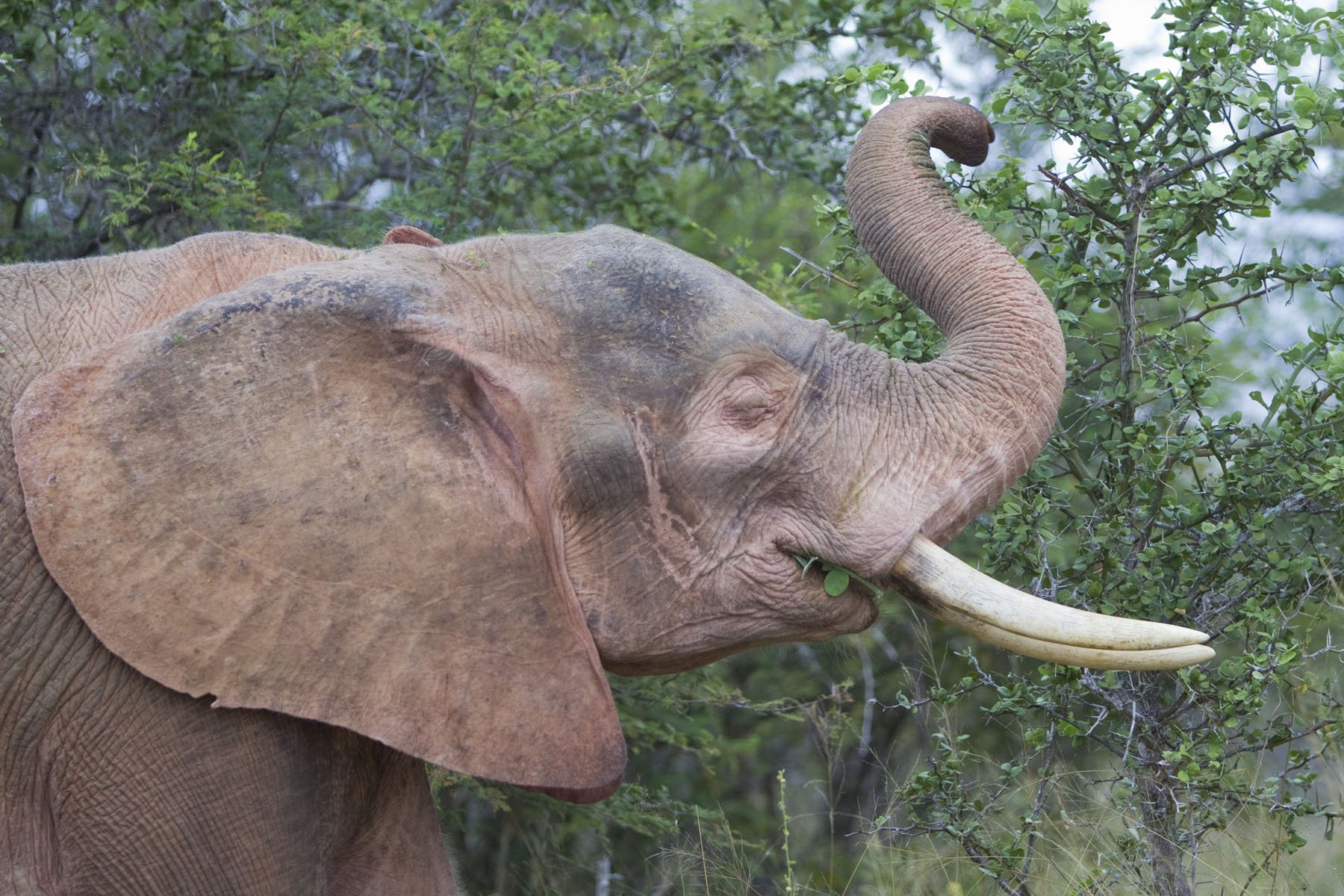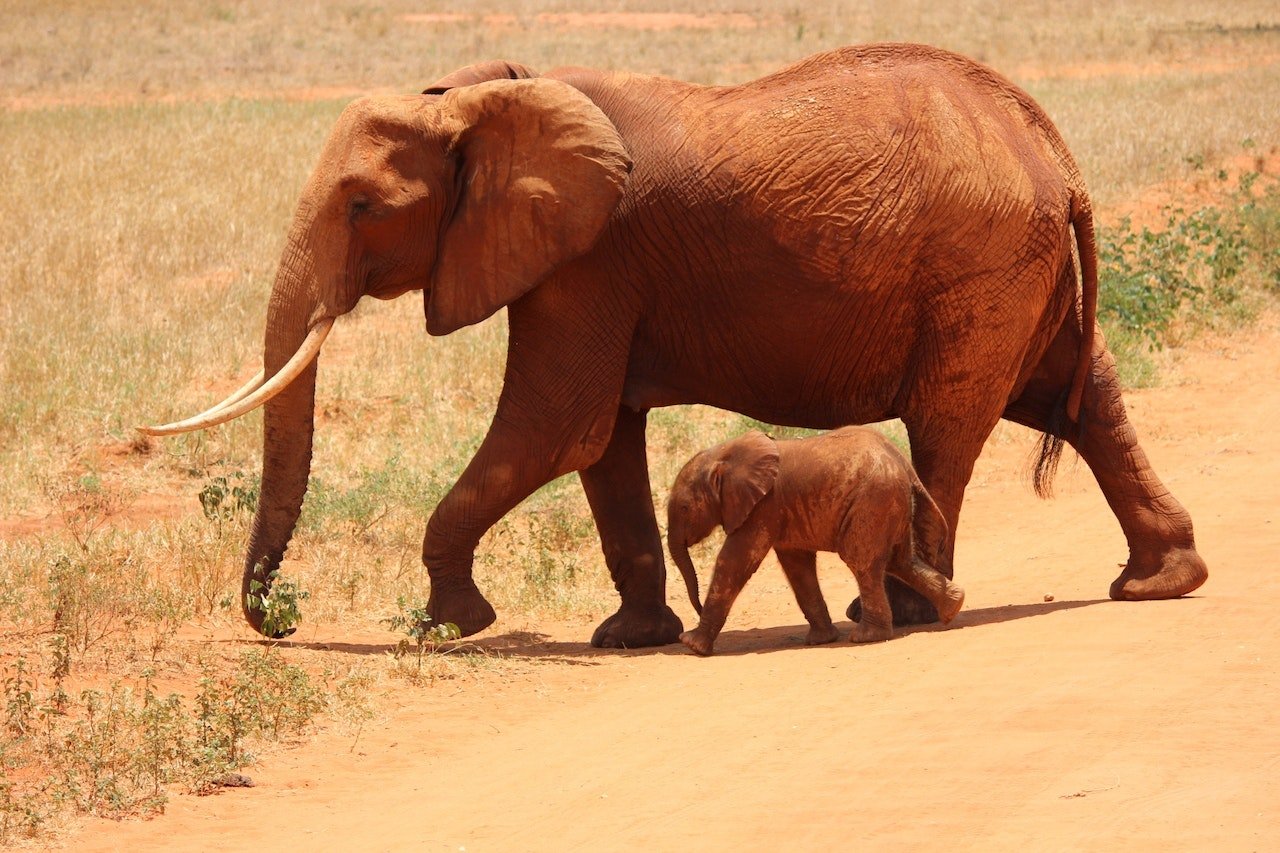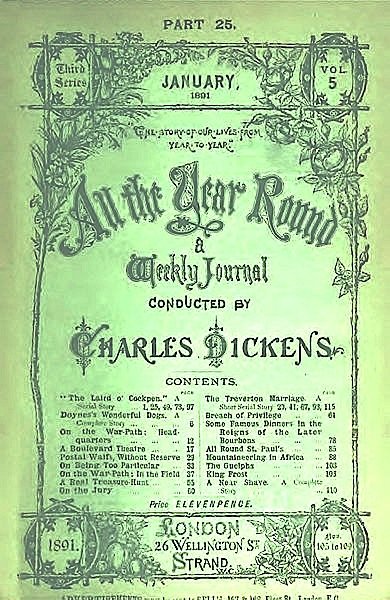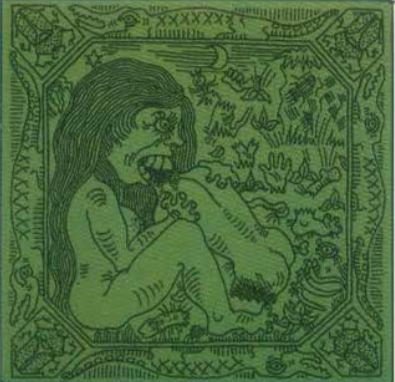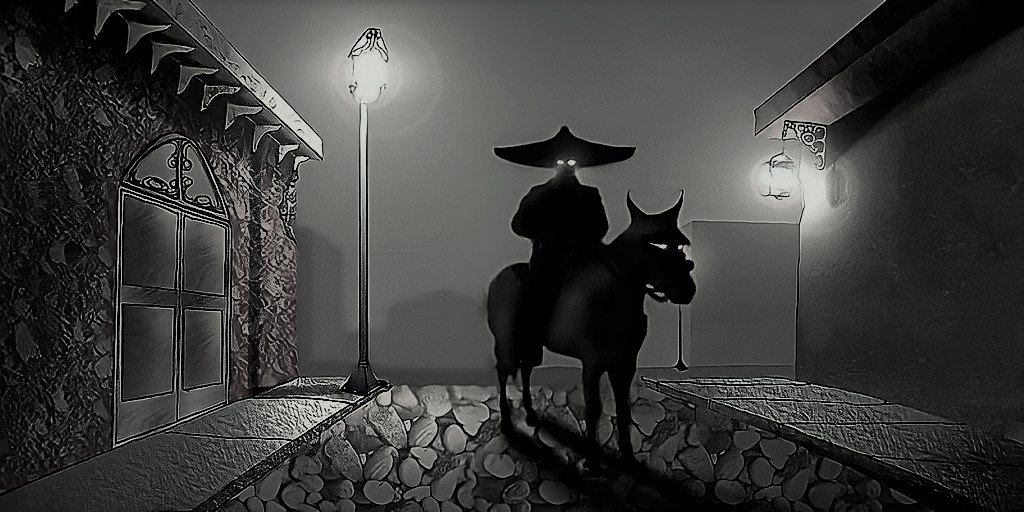Why Are They Called White Elephant Gifts?
With the holidays fast approaching… or having just passed… or coming up in the next 8-12 months- look, I don’t know when you’re reading this but whenever the holidays are coming, you might be participating in something called a white elephant gift exchange.
Look at how happy they are, I’ll give’em whatever they want
You’ll notably notice that no one is even bothering to give white elephants and they’re usually not just roaming around outside, also they’re actually a light pinkish color. So why are some gifts called “white elephants” and what is the origin of the myth that gave it its name?
The Myth of the White Elephant Gift
Often you’ll hear that “white elephant gifts” started centuries ago in some unnamed Asian country, most commonly Thailand but I’ve heard many different versions. Regardless of the country, giving a white elephant gift was a much more literal practice than it is today.
If a king felt someone in his royal circle or in the upper class had wronged him, he couldn’t just outright have them killed, so instead, he gifted them a white elephant.
At the time, white elephants were considered sacred and highly revered which meant you couldn’t use them for manual labor. If you had a white elephant you had to care for it like it was your firstborn who just happened to weigh 5 tons and looked nothing like you.
Since you couldn’t refuse a gift from the king, you had to happily accept it through gritted teeth like it was something you always wanted. Worst of all fully-grown elephants eat up to 300 pounds of food a day and it has to come out somewhere.
This meant you were shoveling hundreds of pounds of elephant shit a day and you had to do it with a smile on your face.
“I swear, I think my owner just really loves shit”
It’s not surprising then that the large gift that constantly eats, poops, weighs 5 tons, and lives up to 60 years is going to be pretty expensive to take care of. Worse still, you couldn’t get rid of it, white elephants aren’t just the kind of gift you can re-gift. Everyone knows where you got it from.
According to legends, the recipients of these gifts would eventually fall into financial ruin and lose everything. All the while the king laughed and laughed knowing what he had done.
After several centuries the term “white elephant” came to define any gift that you weren’t able to get rid of and had to care for while having a smile on your face. Sort of like when your boss gives you a crappy gift that you’ll never use. At least they didn’t bring in a motivational speaker to tell you a bullshit story about monkeys.
Related Article: The Truth of The Monkey Ladder Experiment
But Did it Happen?
While the myth of the white elephant sounds like something very plausible, there’s actually no evidence of it happening anywhere. The more popular version of this myth says it happened in Thailand (referred to as Siam) and while white elephants were considered sacred, they were incredibly rare, kings weren’t just handing them out left and right.
Some sources say that it was illegal for the king to give away a white elephant as it was thought only a king could own one. Despite this, today you’ll find plenty of sources stating white elephants were party gifts but according to historian Rita Ringis, who literally wrote the book on Elephants in Thailand, the myth is just a myth.
I wasn’t joking
Origin of the White Elephant Term and Myth
As far as using the term white elephant to describe something essentially useless, that didn’t happen till the 19th century but no one is exactly sure how it happened. In the 18th century the term white elephant was used, rarely, to refer to something valuable, but a century later it meant the opposite.
In 1892, letters written by famed author Geraldine Jewsbury in 1851 were released. In one letter she writes:
"His services are like so many white elephants, of which nobody can make use, and yet that drain one's gratitude, if indeed one does not feel bankrupt."
Damn, sick burn
Since those letters were private and weren’t published till 1892, and Charles Dickens also used “white elephant” in the same sense in 1854, it’s accepted that the term had changed meaning much earlier. Basically, we might never pinpoint when it changed meaning but, it turns out, Charles Dickens may have had a hand in the origin of the fake myth.
In the January 31st, 1863 issue of the literary magazine/journal All Year Round (Conducted by Carles Dickens), Dickens writes the below. (There’s a TL;DR at the end of the section if you don’t want to read the whole paragraph)
When the King of Siam has an enemy among his lords whom he detests, but whom it would not be polite to destroy publicly – one who must be dispatched without long delay, but whose poison must be sweetened, and for whom the edge of the axe must be gilded – he sends him a white elephant. Not that the gift is one of either profit or pleasure, for the brute must not be shot, nor given away, nor put to mean uses of hire or labour; he must not carry a howdah nor drag a plough; but must be cared for and fed and pampered and adulated, and kept, like a tough-skinned Apis as he is, in the splendid idleness of a four-footed god.”
TL;DR It’s the exact white elephant myth
Unsurprisingly as that literary magazine was where Charles Dickens first published A Tale of Two Cities, it was pretty popular. And the story of the King of Siam gifting white elephants spread pretty far.
So this holiday season if you forget to get a gift for the white elephant gift exchange, give them the link to this article. When they ask “what the fuck is this?” Tell them you just gave them the gift of knowledge and then walk away quickly because they will throw something at you.
Quick Facts
White Elephant gift exchanges are also called “Yankee Swap” and “Dirty Santa”
In the mid-1800s someone winning a huge prize in a raffle, that they couldn’t carry, was called “winning an elephant”
While there are plenty of websites detailing the rules of a white elephant exchange, there is no set rule anywhere and many websites display contradicting rules.

